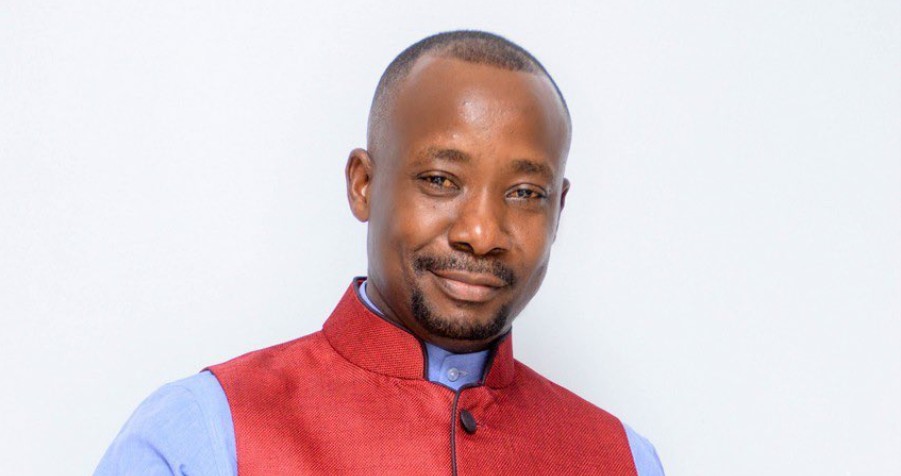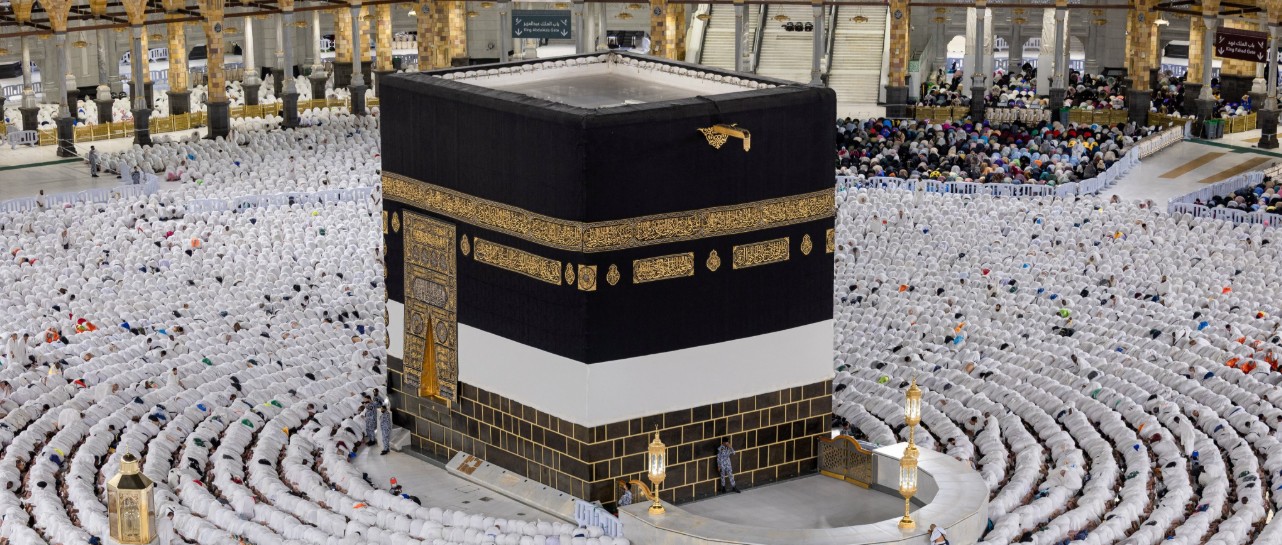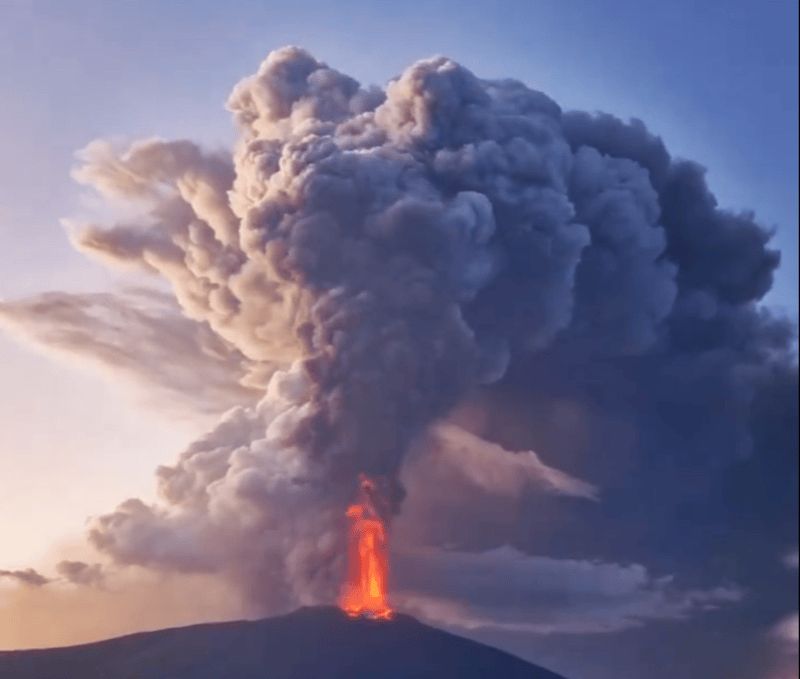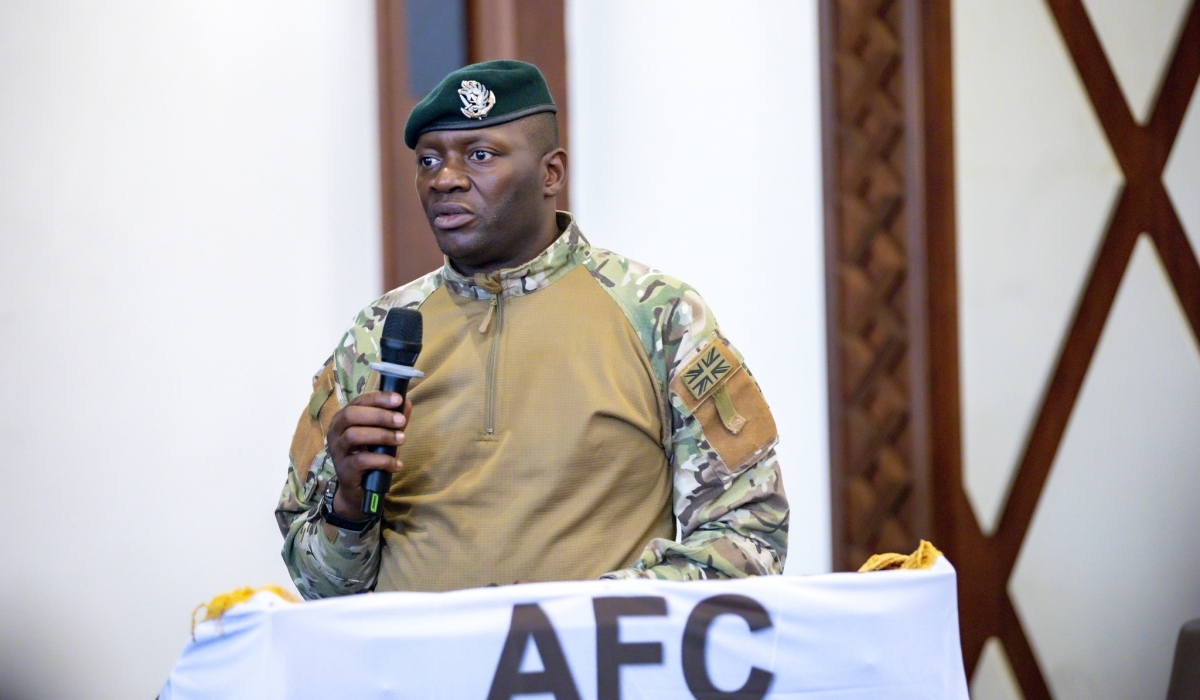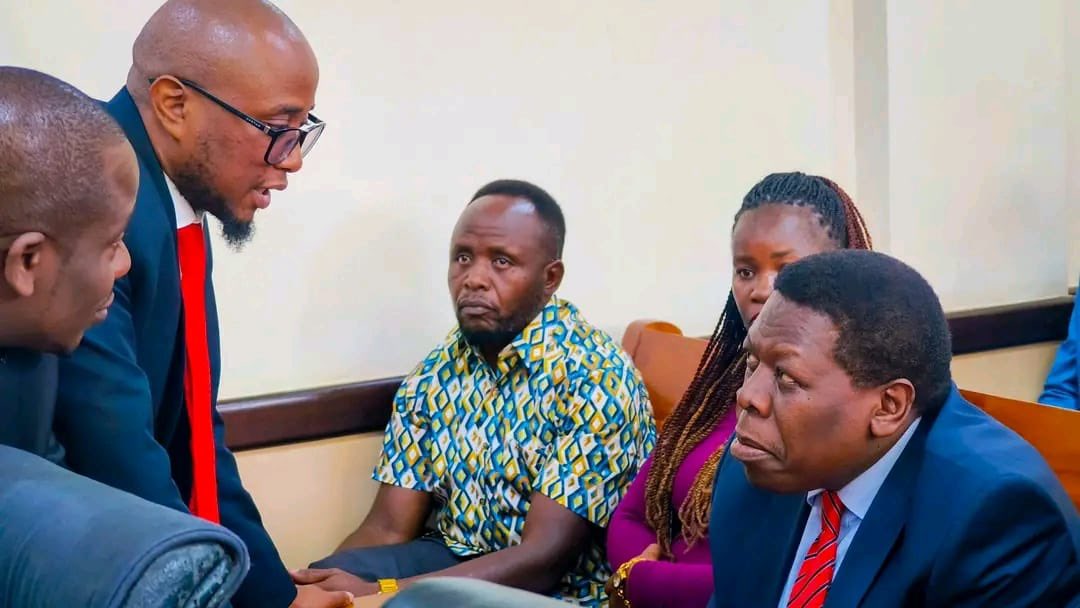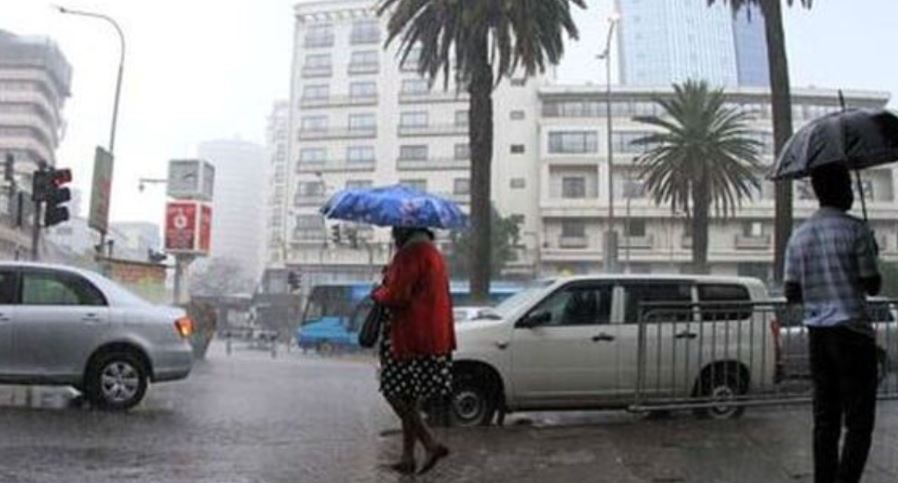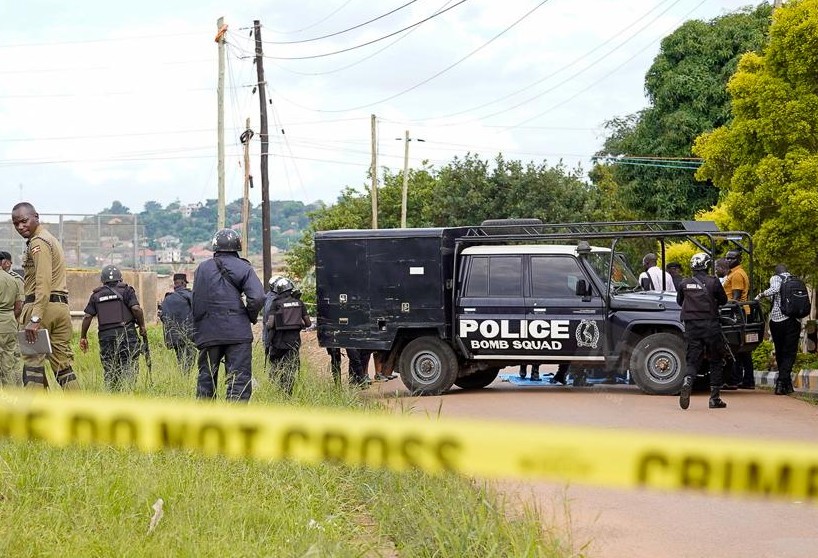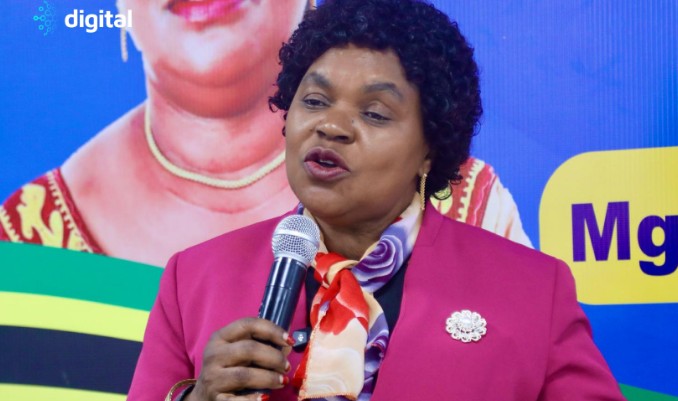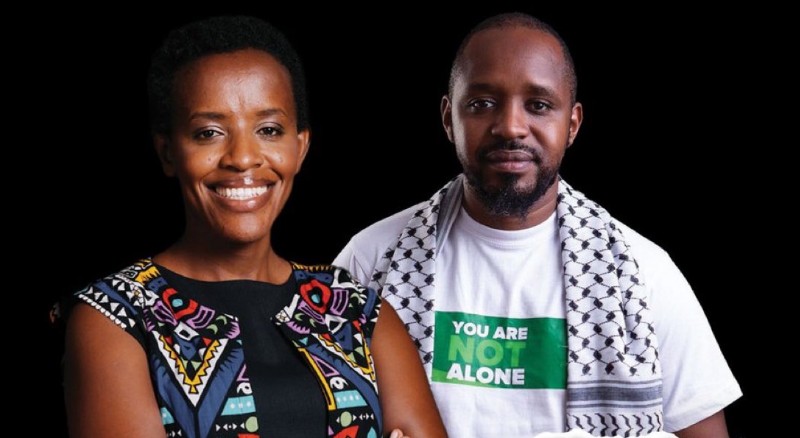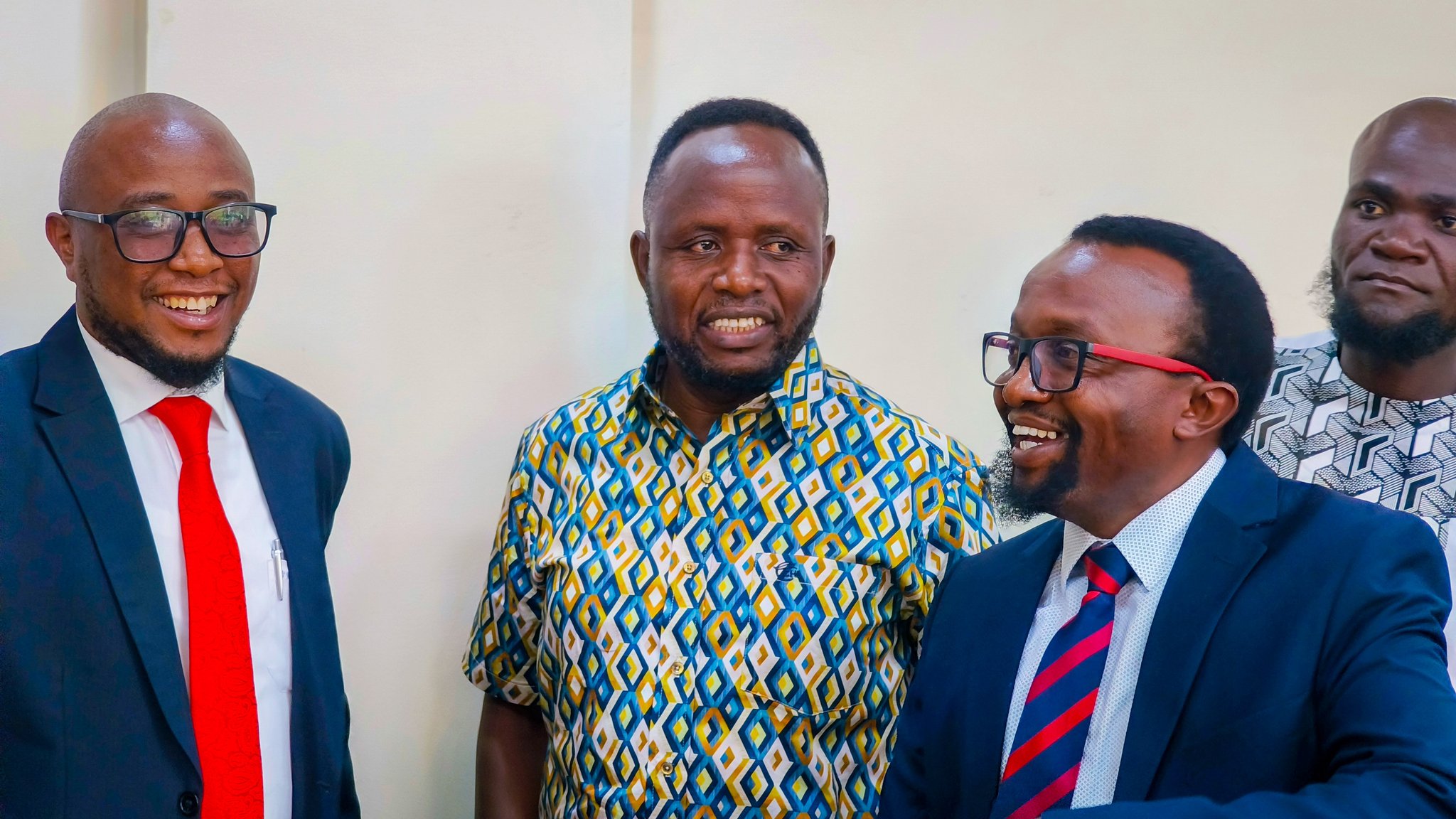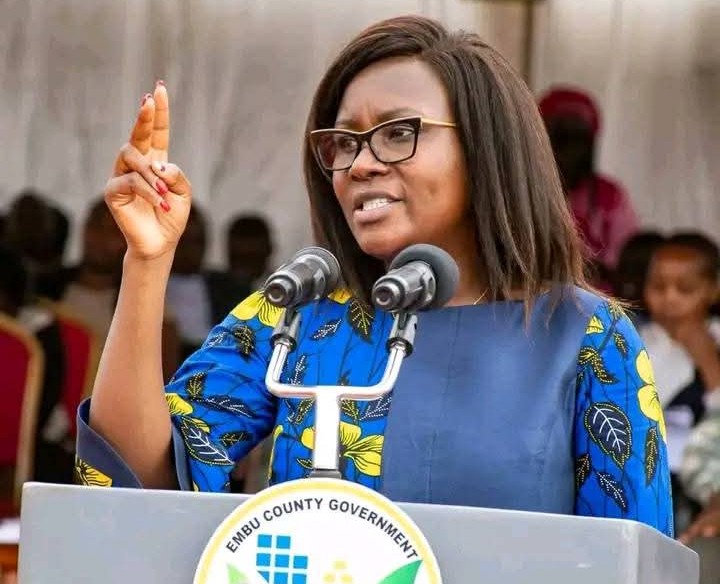African Human Rights Court to elect new leaders on June 2
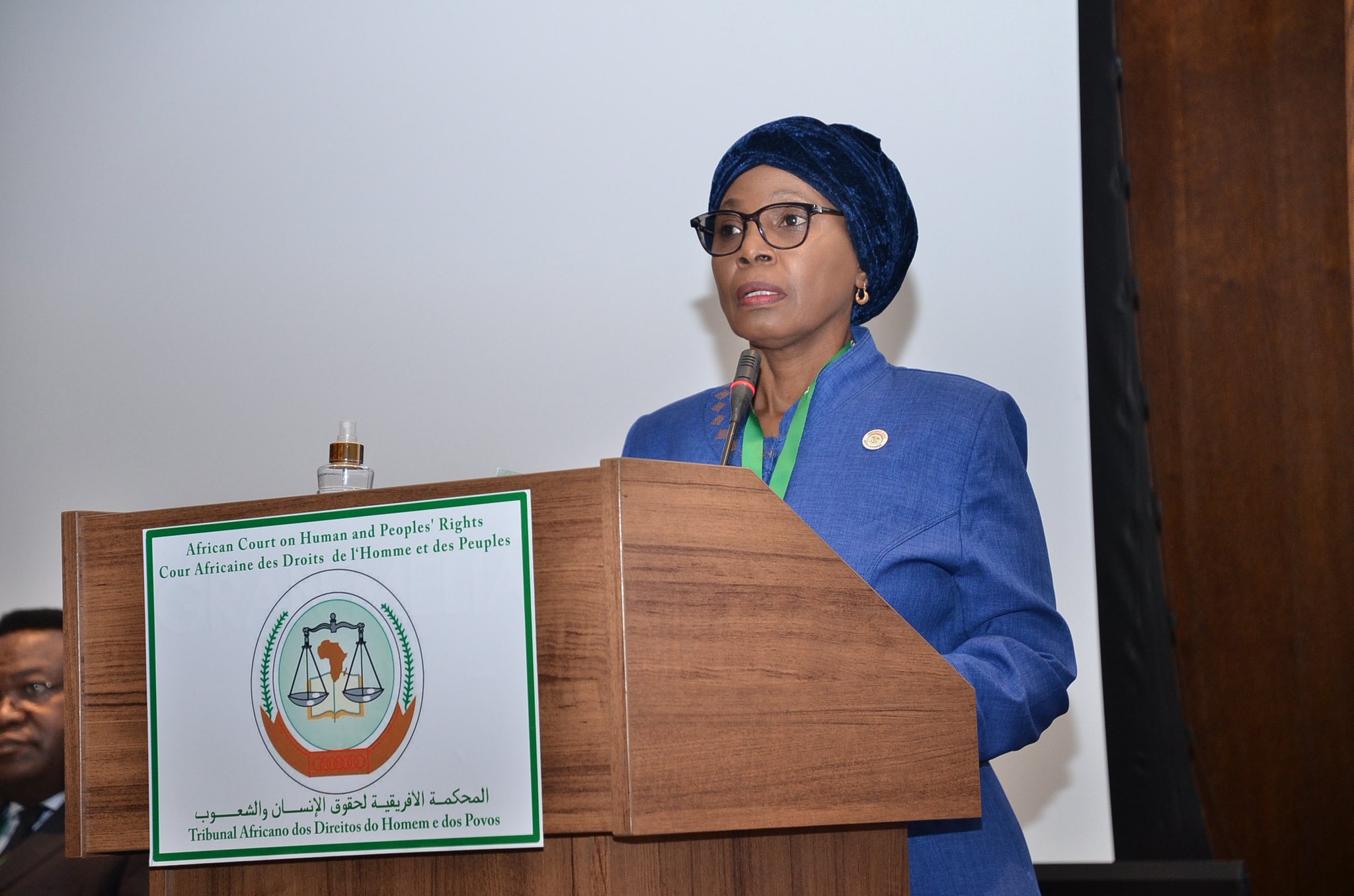
The successful candidates will replace Lady Justice Imani Daud Aboud of Tanzania and Justice Modibo Sacko of Mali, whose respective terms as President and Vice President conclude on Monday. Aboud and Sacko have served two consecutive terms of two years each.
The African Court on Human and Peoples' Rights (AfCHPR) will usher in new leadership on Monday, June 2, when its 11-member panel of judges elects a new president and vice president, via secret ballot.
The vote will take place when AfCHPR convenes for its 77th Ordinary Session, in Arusha, Tanzania, on Monday.
More To Read
The successful candidates will replace Lady Justice Imani Daud Aboud of Tanzania and Justice Modibo Sacko of Mali, whose respective terms as President and Vice President conclude on Monday. Aboud and Sacko have served two consecutive terms of two years each.
Justice Aboud was first elected as the court's president in 2021, succeeding Justice Sylvain Oré of Côte d'Ivoire. She held the position until 2023, when she was re-elected for another two-year term. She remains the only East African woman Justice to hold the position.
Sacko was similarly elected in 2021 before securing another two-year term in 2023. He succeeded Justice Ben Kioko of Kenya.
Judges expected to participate in the vote include current president Justice Aboud and her deputy Justice Sacko, along with Justices Blaise Tchikaya (Congo-Brazzaville), Rafaâ Ben Achour (Tunisia), and Tujilane Rose Chizumila (Malawi).
Also participating are Justices Dumisa Ntsebeza (South Africa), Stella Isibhakhomen Anukam (Nigeria), Angela Mudukuti (Zimbabwe), Naceesay Salla-Wadda (The Gambia), Koffi Afande (Togo) and Aboudou Assouma (Benin). They will elect the successful candidates from amongst themselves.
The President of the Court resides and works full time at the seat of the Court, while the other ten Judges work on a part-time basis.
AfCHPR was established to protect and promote human and peoples' rights across Africa, in accordance with the African Charter on Human and Peoples' Rights.
It was created through a protocol adopted in 1998 and became operational in 2006, with its seat based in Arusha, Tanzania. The Court works alongside the African Commission on Human and Peoples' Rights, offering binding rulings on cases involving alleged human rights violations.
The court's 11 judges are elected by the African Union's Assembly of Heads of State and Government. They serve in their personal capacity and are selected based on their integrity and expertise in human rights law. The Court can hear cases filed by states, the Commission, and intergovernmental organisations.
In specific cases, individuals and NGOs with observer status before the Commission may also bring cases, provided the concerned state has accepted this under Article 34(6) of the Protocol.
AfCHPR has adjudicated numerous significant cases addressing a wide range of human rights issues across the continent. They include;
Victoire Ingabire Umuhoza v. Republic of Rwanda
Rwandan opposition leader Victoire Ingabire challenged her conviction, alleging violations of her rights to freedom of expression and a fair trial. In 2017, the Court found that Rwanda had infringed upon her rights under Articles 7 and 9 of the African Charter, citing intimidation of witnesses and the use of evidence obtained through coercion. The Court ordered Rwanda to take measures to restore her rights.
Norbert Zongo and Others v. Burkina Faso
This landmark case addressed the 1998 assassination of investigative journalist Norbert Zongo. The Court ruled that Burkina Faso's failure to investigate and prosecute those responsible violated the victims' rights to a fair trial and protection of the law, setting a precedent for accountability in crimes against journalists.
Lohé Issa Konaté v. Burkina Faso
Journalist Lohé Issa Konaté was imprisoned for defamation after publishing articles alleging corruption. In 2014, the Court held that his imprisonment violated his right to freedom of expression and ordered Burkina Faso to amend its laws to prevent similar violations.
Democratic Republic of the Congo v. Republic of Rwanda
In 2023, the DRC filed a case against Rwanda, alleging violations of its sovereignty and human rights abuses. While specific details of the proceedings are limited, the case underscores the Court's role in addressing interstate disputes concerning human rights violations.
Centre for Human Rights and Others v. United Republic of Tanzania
This case challenged Tanzania's electoral laws, arguing they restricted independent candidates' participation. The Court found that the laws violated the right to political participation and ordered Tanzania to amend its legislation to comply with the African Charter.
Top Stories Today
